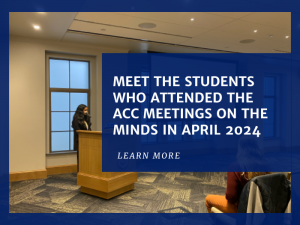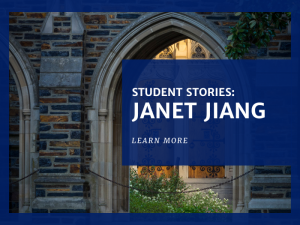Direct-to-Consumer Drug Advertising and Side Effects
Direct-to-Consumer Drug Advertising and Side Effects

Summer 2020 Remote Research
Do all of those drug ads on TV affect public knowledge and knowledge structures for key information, such as side effects? Drug ads provide some of this information directly to the public. However, the complete list of side effects as well as their frequency and severity are not fully provided, and they are presented in ways that make it hard to understand and remember them. Also, direct-to-consumer (DTC) ads are pervasive in the US but banned in the UK. Do knowledge structures for side effects differ in the US vs. UK, reflecting the presence or absence of DTC advertising? The Global Side Effects project in the Medical Cognition Lab at Duke examines how consumers in the US vs. UK perceive and categorize side effects of prescription drugs, based on their everyday knowledge. In a free sorting task, Day and Eagleburger (2019) asked participants to sort a list of side effects into piles then label their piles. This was a Retrospective Labeling task in which participants sorted the side effects first then labeled their categories. Overall, performance in this task was not very good; however, labeling categories after sorting could have affected the results. To examine this possibility, our current experiment used a Concurrent Labeling task, in which participants considered possible category labels before and during the sorting task.
Data for this experiment was collected, and data analysis is in progress. The results will be compared to those from the previous Retrospective Labeling experiment. We expect participants who used the Concurrent Labeling task to show more structured knowledge of side effects than those who used the Retrospective Labeling task. Also, we expect more structure in the US than the UK, suggesting that exposure to DTC advertising affects knowledge structures for medication side effects. This research could ultimately help improve patient knowledge, patient-provider interactions, and dissemination of more complete drug information.
Personally, I am grateful that this grant has given me the opportunity to take part in research that can benefit not just national but global health and knowledge. This experience has enabled me to learn how to form new questions based on previous research and how to design a way to test these questions. I will be able to apply this experience to future research projects.



